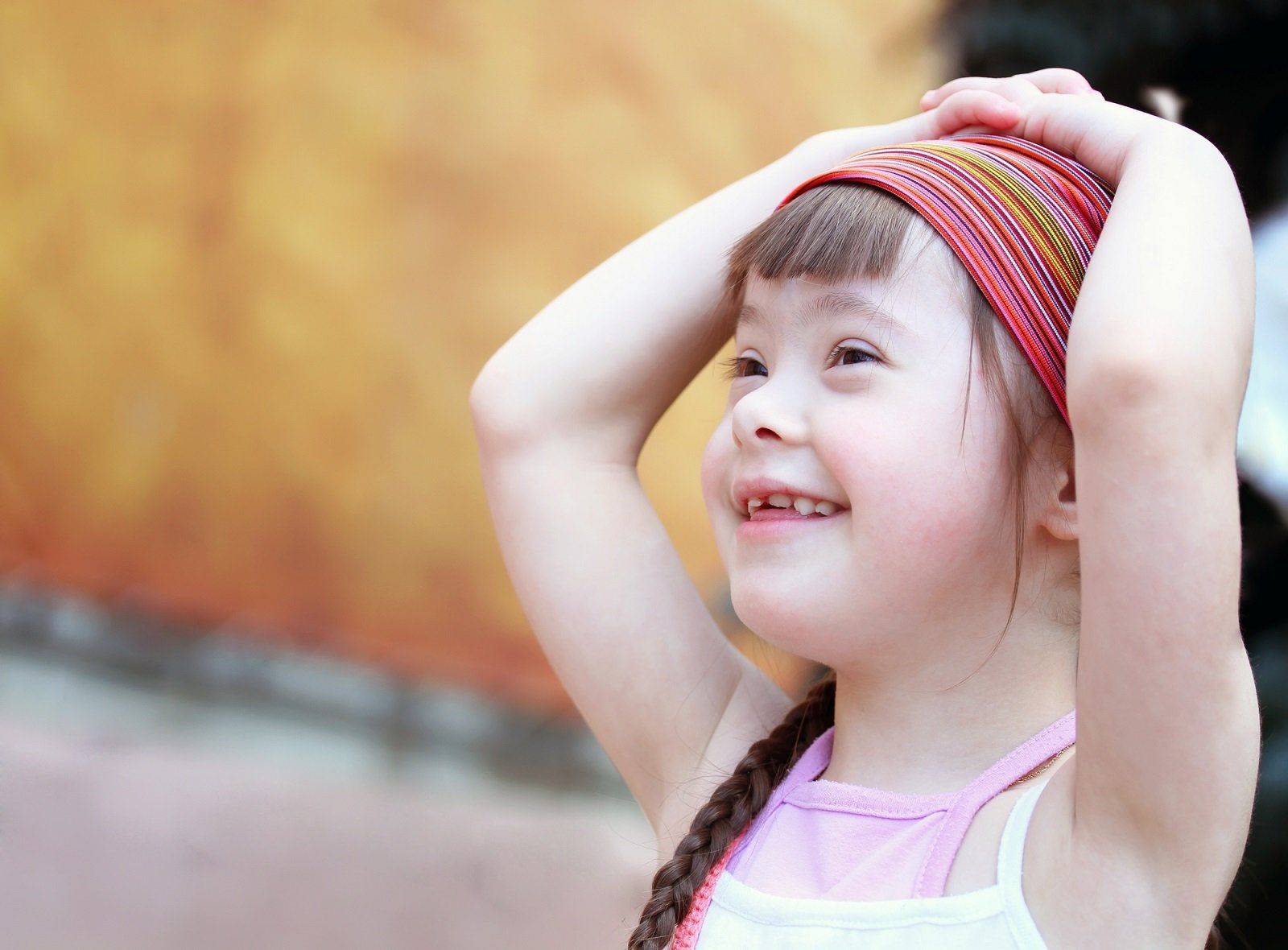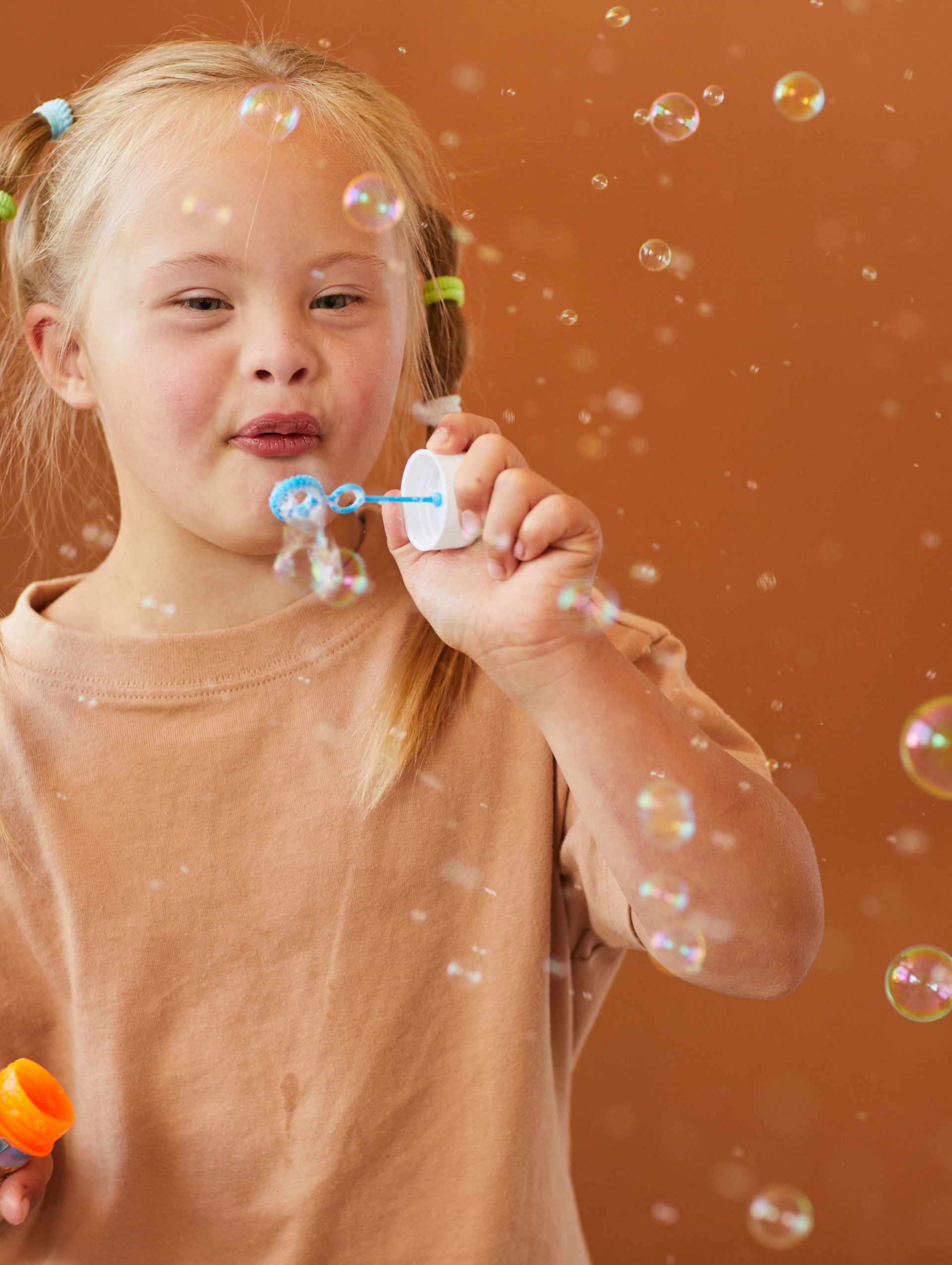Our Blog

Creed
Simpsonville, SC.... A parent of a child with Down Syndrome is no different than any other parent who adores and cherishes their child. You would move heaven and earth to make sure your child is happy, and instilled with a positive self-image, has every opportunity to live up to his or her potential. Few people, few medical professionals in the US -- and even fewer teaching professionals and/or caregivers of a child with Down Syndrome are even aware that there is a brand new tool -- a simple doll really -- that can do that and potentially so much more.
Developed, tested and used extensively in Europe – HEST Friends -- is a line of cute, cuddly play dolls that are now available in the US for the first time.
What makes these dolls so special? “They are the first dolls to specifically address special needs of a child with Down Syndrome,” says Helga Parks, founder of HEST the Simpsonville, SC company responsible for discovering the dolls in Europe and bringing them to the US. There are approx. 5,000 children with Down Syndrome born every year in the US, yet no toy these children are given to play with ever looks remotely like them The child has specific facial features. Unless you have seen first hand the look of sheer joy on the face of a child with Down Syndrome when they are first given the doll, you can’t possibly imagine it. I have seen with my own eyes the change -- the immediate recognition and pleasure these children demonstrate when given one of the dolls.
Recently HEST donated several of the dolls to the Possible Dream Foundation in Miami, an organization that works with children with Down Syndrome. “The children took to the dolls immediately,” said Adrianne Hohenberg, Foundation Administrator, “Not every doll has to be perfect like Barbie. These dolls are a great teaching tool.”
“Can you imagine if every doll you were ever given to play with never looked remotely like you?”, says Parks, passionate in her quest to get the word out about the dolls. “What message does that send? What damage does that do to the child’s self esteem?”
Studies have shown that children do indeed, develop a greater and more positive sense of self when they indeed are given dolls of their own image. In the ‘60s, powerful toy companies like Hasbro and Mattel scrambled to put “ethnic” dolls on the market. Finally, when the little African American or Asian child created imaginary scenarios, their own image was included. Dolls fuel the imagination, feed the ego and nurture the soul. And the child with Down Syndrome need in those areas is no different than that of any other child. If anything, the child with Down Syndrome a greater need to have their self-image positively reinforced. Yet until now there was nothing on the market to address this imbalance.
Recommended and used extensively throughout Europe by doctors, hospitals, therapists, teacher and other professionals who work with children with Down Syndrome, they have found that these dolls also have a secondary, yet equally important impact. “The dolls are found to promote a much better understanding and acceptance of the Down Syndrome condition when the doll is shared with playmates and siblings. When people aren’t exposed to something, the natural reaction is to be wary of it. These dolls bridge an enormous gap by promoting kindness and acceptance when non-Down Syndrome children are exposed to them. They learn to love and play with these dolls, just like they would with any other. The dolls are a tremendous resource for families whose lives are touched by the condition... and yet they are virtually unknown,” said Parks.
Equally unknown is “Benny, the Anatomical Teddy Bear.” Invented by Thomas Zupke of Berlin, when he found himself staring into the frightened, blank eyes of his young son as he was trying to explain a complicated surgical procedure the child was about to undergo.
Used primarily by physicians and other medical professionals to help children understand their own body in a friendly, non-threatening manner. “Essentially a teaching tool for the medical professional, Benny being a soft, fluffy plush character, is able to “speak” to a child in a way adults simply can’t” said Parks. “The Teddy has discreet zippered pockets corresponding to the different parts of the body and one zipped, the removable “parts” -- representing everything from the heart, kidneys, skeletal system, tonsils, lungs, appendix to the bladder and more. Even an IV may be inserted or blood may be drawn, thus allowing the medical professional to explain virtually any procedure in a way children can comprehend.
Manufactured using the finest of materials, Benny the Anatomical Teaching Teddy retails for $199.00
Down Syndrome Friends come in a collection of seven gender and racially diverse dolls, each with hand-painted faces, custom-made, machine washable clothing, soft and cuddly 16-inch bodies with movable limbs. The dolls retail for $49.95 each.
Usefull links
Contact info
All Rights Reserved | Down Syndrome Dolls by HEST of Europe

